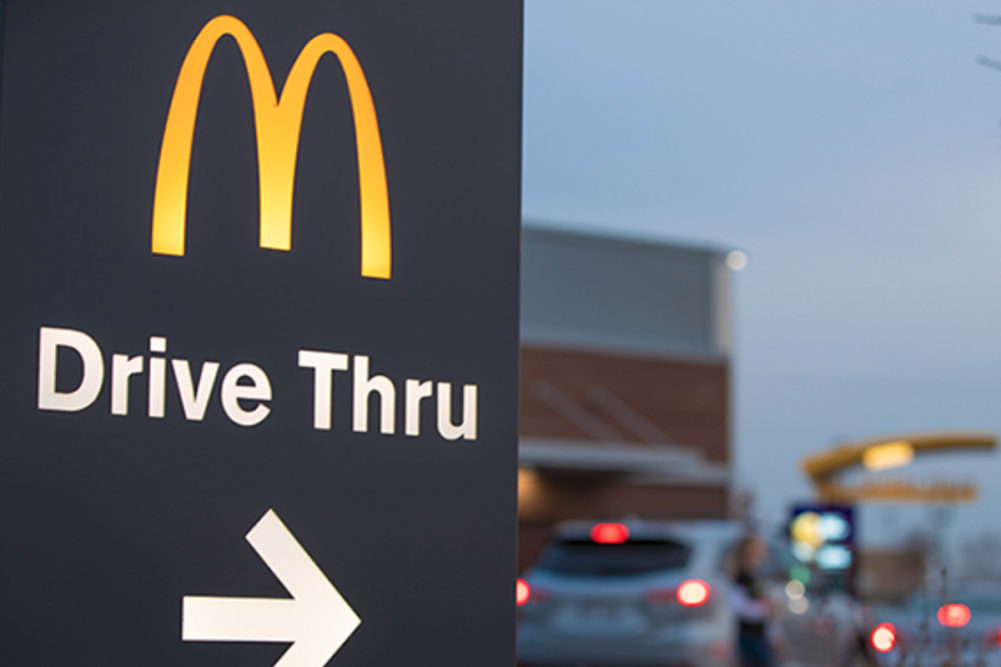CHICAGO — While the global outbreak of the coronavirus (COVID-19) has “significantly disrupted” business operations at McDonald’s Corp., the fast-food restaurant chain is drawing on the strengths of its global system to manage through the crisis and position itself for long-term growth, said Christopher J. Kempczinski, chief executive officer.
“While the disruption means our business is faced with immediate challenges, we believe our agility has positioned us well to adapt and continue to serve customers where it is safe to do so,” Mr. Kempczinski said in an April 8 business update. “Approximately 75% of our restaurants around the world are operational, the majority of which have adapted to focus on drive-thru, delivery and/or take-away. We are proud of McDonald's important role in continuing to offer affordable, convenient food for those who need to continue working during this time, such as health care workers and other essential workers. I am immensely grateful to our employees who are safely serving that need in their local communities.”
Mr. Kempczinski said McDonald’s January and February global comparable sales were strong in most countries, but beginning in mid-March, the company experienced a significant decline in results that varied across markets.
“The variation reflects the different levels of consumer behavior and government response,” he said. “The situation remains fluid, and as the duration and scope of COVID-19 continues to evolve, it is not possible to estimate the full extent of the impact on our business at this time.”
Comparable sales for the first two months of 2020 were up 7.2% worldwide, with US sales up 8.1%. But in March, global comparable sales were down 22%, with US comparable sales down more than 13%.
As of April 8, McDonald’s said 99% of its US restaurants were operating some form of drive-thru, delivery or takeaway service, with dining rooms operating at restaurant discretion at select locations. The restaurants that have closed were closed primarily due to their locations (e.g., unique sites such as malls), the company said.
Meanwhile, only 45% of restaurants are operating in McDonald’s international operated markets. Markets such as Australia, Canada, Germany and Russia have limited operations, while several markets, such as France, Italy, Spain and the United Kingdom, have fully closed all restaurants.
In total, McDonald’s said about 75% of its restaurants worldwide are operating some sort of service as of April 8.
“There will be more challenges and difficult business decisions to be made,” Mr. Kempczinski said. “We are confident in our resilience, but we are not complacent. We remain focused on what we can control to manage through this crisis. To that end, we have taken important steps to preserve our financial flexibility, including suspending our share repurchase program and increasing our cash position by raising $6.5 billion in the debt markets during the first quarter. In addition, we will reduce capital expenditures this year as a result of fewer ‘Experience of the Future’ projects across the US and a reduced number of new restaurant openings in most markets around the world.
“Our priorities remain the health and safety of our people and our customers, preserving financial flexibility, maintaining discipline and serving our communities where it is safe to do so. As we navigate through this unprecedented crisis, we will continue to operate with a long-term mindset, in order to best position ourselves for the future.”






